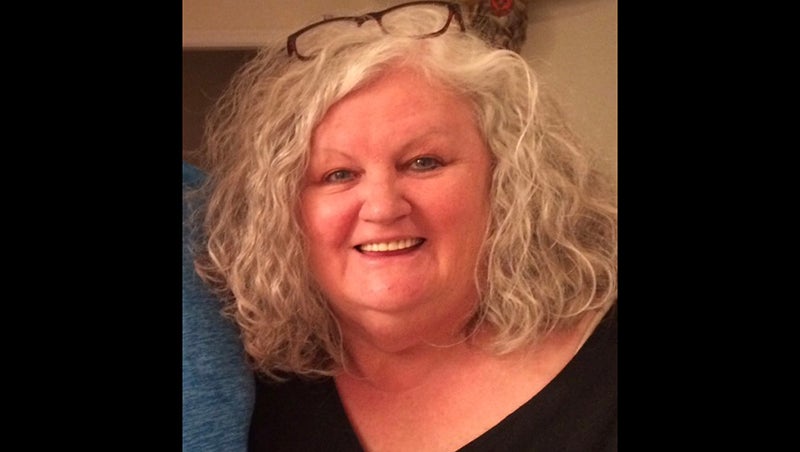Social Security Matters: Ask Rusty – About survivor benefits, my own benefits and taxes
Published 11:13 pm Saturday, December 14, 2019

- AMAC Certified Social Security Advisor Russell Gloor, Association of Mature American Citizens
by AMAC Certified Social Security Advisor Russell Gloor, Association of Mature American Citizens
Dear Rusty: I am 67 and still working full time but plan to retire after June of next year. Because of my income I have not been drawing my Social Security benefits; however, my income will not be a tax issue in 2020 with my planned retirement. If I begin drawing my SS when I’m 68 next June, can I draw it retroactively to the first of the year at that rate? Or, beginning January 1, 2020, can I draw on my deceased wife’s SS and then switch to my higher rate upon my birthdate in June? Signed: Exploring My Options
Dear Exploring: Since you are eligible for both a survivor benefit from your wife and your own SS retirement benefit you have a choice of which one to choose and when to claim. You can choose the survivor benefit first and continue to delay your own SS benefit, thus allowing your own benefit to continue to earn delayed retirement credits. You can delay until you are 70 years old or, depending upon your financial needs, you can claim your own benefit at any time, including June of next year.
Your survivor benefit from your wife will be 100% of the benefit your wife was receiving (or entitled to receive) at her death. You could have started that benefit when your wife passed, but it would have been reduced if that was before you reached your full retirement age (66). Survivor benefits reach maximum at your full retirement age (FRA), and at FRA you get 100% of your deceased wife’s SS benefit. You can restrict your application to your survivor benefit if you choose to do so, and you can request up to 6 months in retroactive survivor benefits if you wish. By doing that, you are delaying the claim for your own benefit so it continues to grow in value.
Since you have not yet claimed your own SS retirement benefit, you have already been earning Delayed Retirement Credits (DRCs) at a rate of 2/3rds of 1% per month past your FRA of 66. DRCs accumulate until you are 70 years old, when your monthly benefit would be 32% more than it would have been at your FRA and 16% more than it will be when you turn 68 in June 2020. If, instead of continuing to delay, you decide to claim your own SS benefit in June of next year, you can claim up to 6 months retroactive benefits, but doing so will move your effective claim date back 6 months and your monthly benefit amount will be permanently reduced by about 3.3%.
So, to answer your two specific questions: yes, you can claim your SS retirement benefit in June 2020 and get 6 months retroactive benefits but your benefit will be reduced as explained above. And yes, you can claim your survivor benefit from your deceased wife in January 2020 and then switch to your own SS retirement benefit in June. From a purely financial standpoint, the latter method would give you some extra money starting in January without reducing your own SS retirement benefit. And it would also give you the option of delaying your claim for your own benefits beyond June 2020 and continuing to earn DRCs until a later time, up to age 70 if you wish. Doing so would give you a substantially higher SS retirement benefit for the rest of your life.
But in either case, the SS benefits you collect will only become part of your taxable income if your “combined income” exceeds $25,000 (assuming you file your income tax as “single”). Your “combined income” is your normal Adjusted Gross Income (AGI) for income tax purposes, plus 50% of the SS benefits you received for the tax year, plus any non-taxable interest you may have. If your combined income exceeds $25,000 then up to 50% of the SS benefits you received in the tax year becomes part of your overall taxable income; if your combined income exceeds $34,000 then up to 85% of your SS benefits becomes part of your taxable income.
FOR MORE COLUMNS AND LETTERS TO THE EDITOR, CHECK OUT OUR OPINION SECTION HERE.





